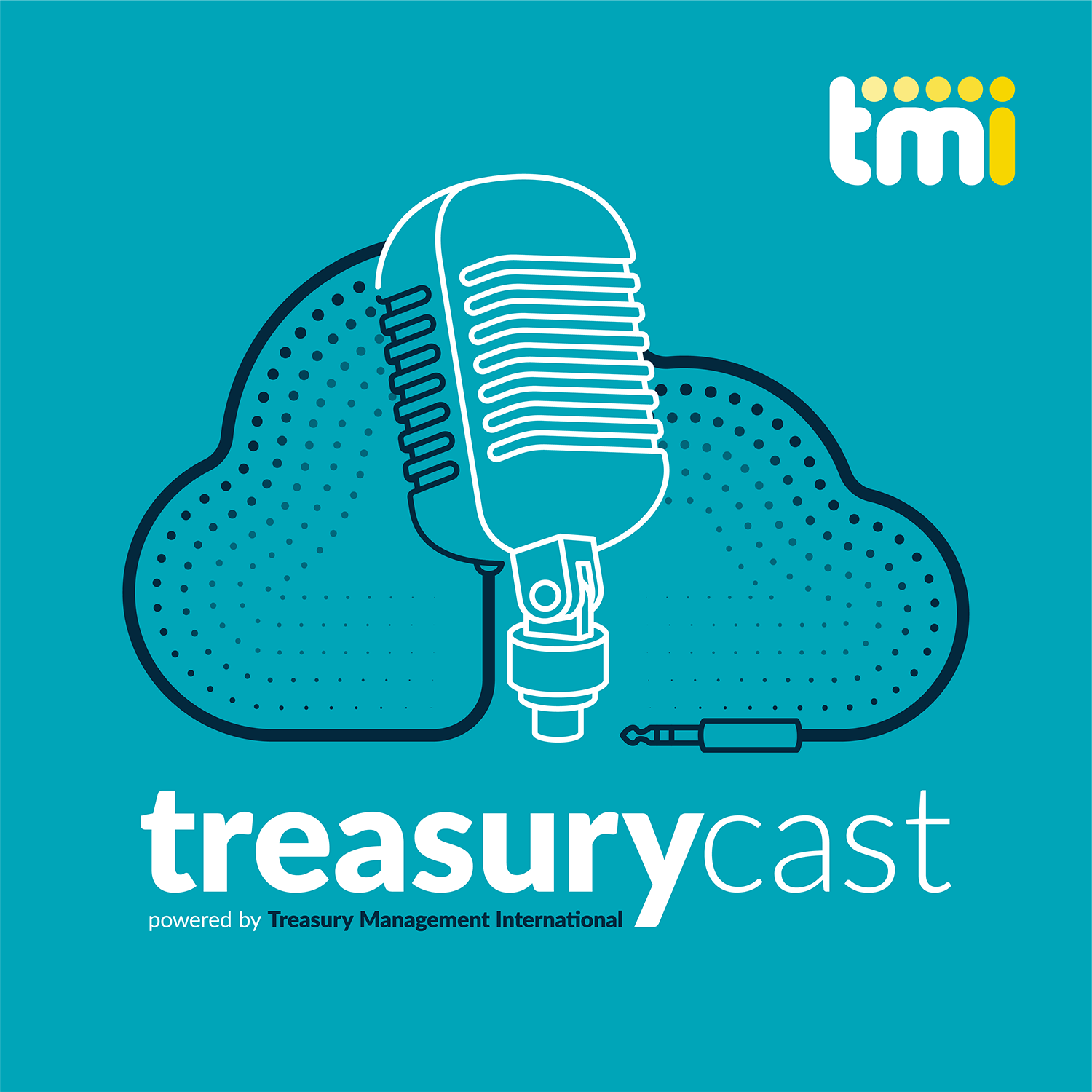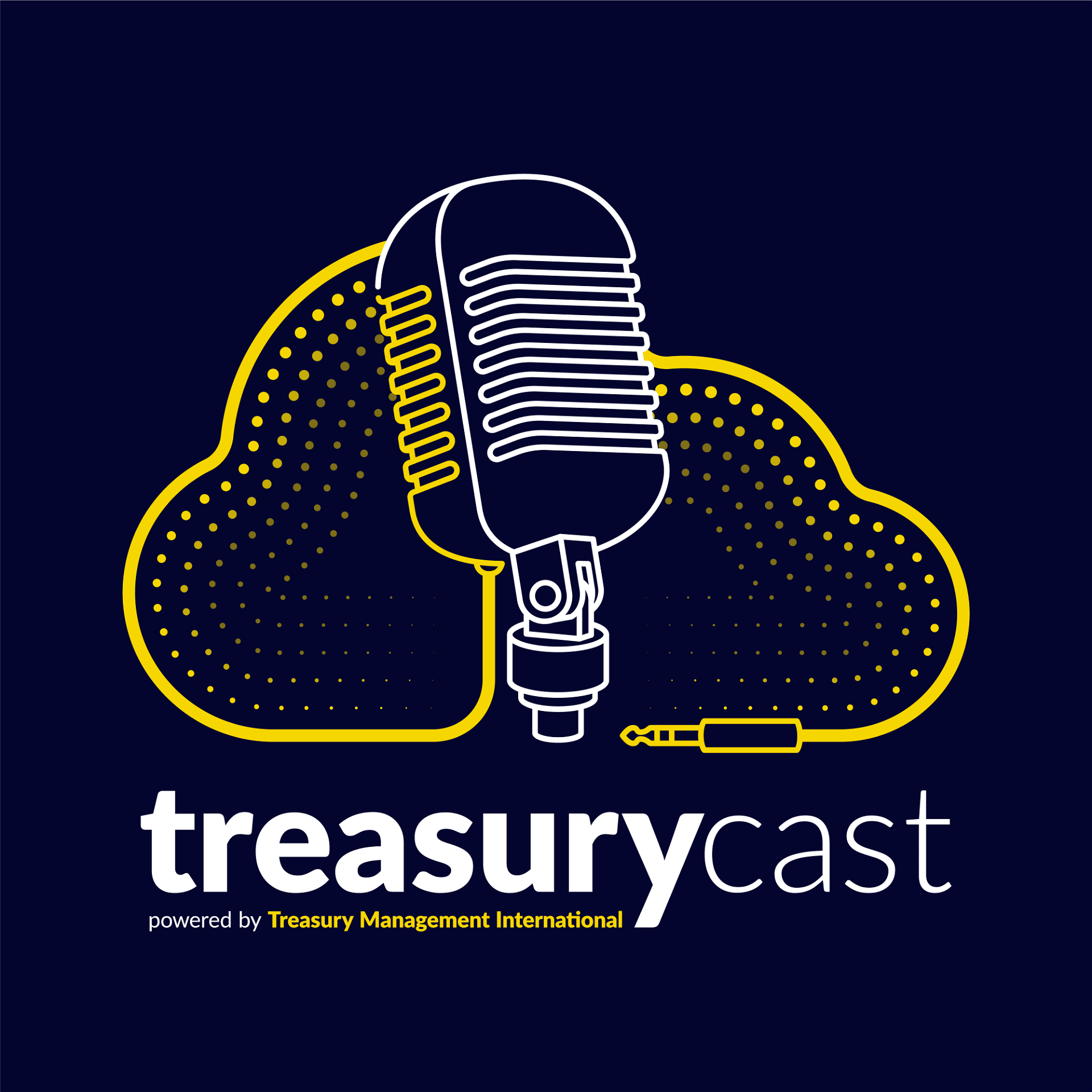Export Credit Agencies need to be responsive to the needs of business. Legacy technology was hindering progress for Denmark’s Eksport Kredit Fonden (EKF), impacting the country’s cross-border traders too. Cloud technology was calling.
When a national Export Credit Agency (ECA) knows it is not meeting the needs of its business community simply because its technology is no longer up to the job, it has to act. Many traders rely on the provision of trade finance by their domestic ECA to support and boost their overseas activities. Most ECAs provide loans, guarantees and insurance to applicants and as such are at home in the capital markets.
As a vital source of funding for Denmark’s business community, EKF Denmark’s Export Credit Agency concluded towards the end of 2019, the contract with its incumbent provider having run out, that it could likely find a more efficient system setup, with more advanced functionality and a controlled total-cost-of-ownership. It knew that its capital markets activities could benefit from improvements in its own risk and liquidity management processes, and that this would eventually expand its capacity to support Danish export business.
As a European Community-based public entity, EKF is subject to stringent formal procurement processes. It knew it would have to undertake an extensive public tender process as it sought to replace its legacy systems. Issuing its formal tender in early 2020, EKF was mindful that time-to-market was becoming critical for itself and the businesses it supports.
As part of its RFP, the organisation wanted an internationally recognised end-to-end cross-asset treasury platform. But it also needed ‘off-the-shelf’ functionality, rather than a system requiring multiple customisations. EKF was also determined to contract with a single provider capable of delivering the software, the implementation programme, and subsequent system support, maintenance and upgrades.
The chosen provider had to be well-versed in the capital markets, and have a strong on-the-ground presence and deep understanding of regional and domestic finance issues. Finally, it had to be offering a well-supported ‘future-proof’ platform capable of evolving in alignment with the needs of EKF and its clients, and the regulatory environment in which it operates.
Global solution, local partner
The tender eventually saw the selection of Visigon, a specialist consultancy firm with offices in Denmark and Sweden, partnering with Calypso Technologies. Calypso is traditionally a global bank-focused provider of cloud-based front-to-back office cross-asset management solutions and collateral management services. However, the vendor is also developing its business on the buy-side, having added some institutional investors and large multi-national corporate treasury clients to its roster.
For the deal with EKF, Calypso is being offered as SaaS solution hosted by Visigon. The initial plan was to have a mostly on-site implementation, but with the current lockdown restrictions intervening, this has shifted to the remote-delivery model, explains Gustav Ekeblad, CEO, Visigon.
“The initial plan was to deliver much of the implementation onsite, but with offices in lockdown, the project is mainly working remote at the moment,” he says. “By delivering cloud services, it is working very well – and EKF seems very comfortable working with systems in the cloud.”
Moving to cloud-based operations is a financial services mega-trend but can nonetheless be a major operation for an organisation, notes Philippe Carré, Global Head Strategic Alliances, Calypso. “It can involve a lot of hand-holding, and we see again and again organisations asking for close-at-hand support on their journey,” he comments.
EKF is a mature, relatively small and agile organisation. Despite the immediate impact of lockdown in Denmark, it was able to respond quickly to the developing environment. “Working completely remotely during the project phase has been an entirely new experience for them but this has been the case for most people,” notes Ekeblad.
Despite the challenging environment, the implementation is “progressing well”, having reached the halfway stage, he says. Connectivity between EKF and Visigon’s data centres has, he reports, been “straightforward” so the bulk of the implementation to date has concerned the fine-tuning of Calypso for EKF’s own needs, including setting up users and access rights.
With the EKF treasury team now exposed to the platform, formal acceptance testing is due shortly, Ekeblad suggesting go-live will be Q1 2021. With EKF mid-implementation it declined to comment.





